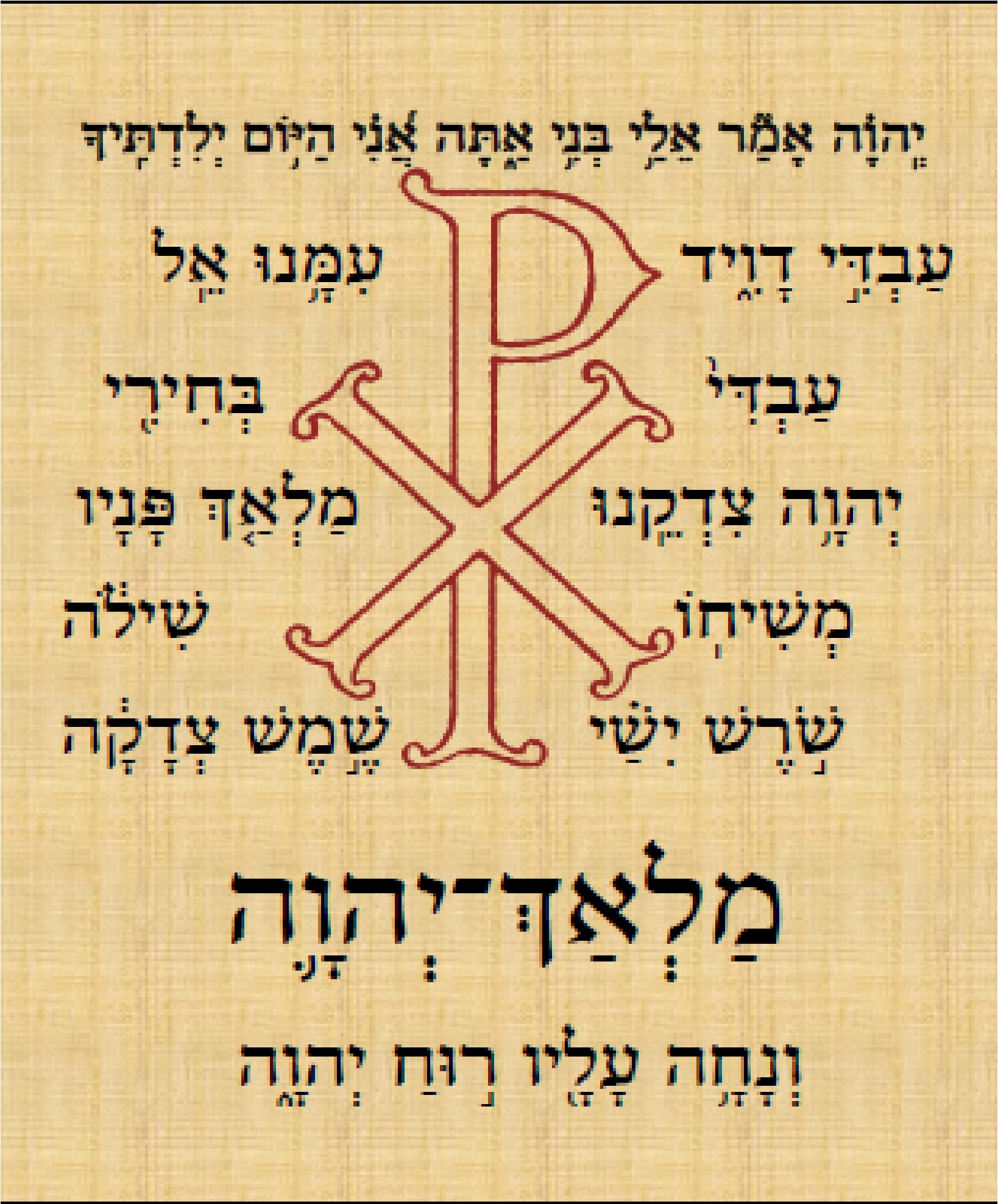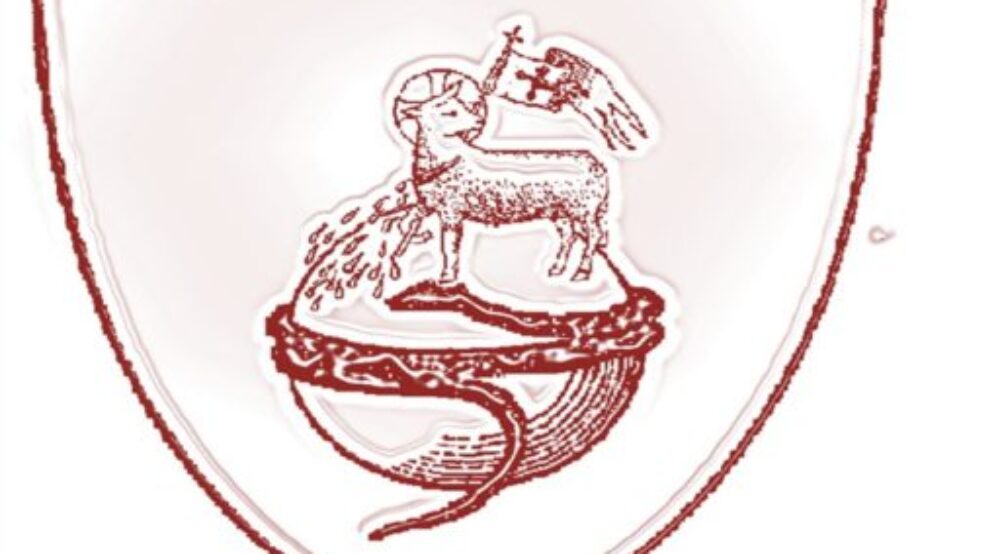 Pastor Kachelmeier is the guest on Issues, Etc. talking about Psalm 32. (click here to listen)
Pastor Kachelmeier is the guest on Issues, Etc. talking about Psalm 32. (click here to listen)
Redeemer Theological Academy
Confessing Christ to an Unbelieving World


 Pastor Kachelmeier is the guest on Issues, Etc. talking about Psalm 32. (click here to listen)
Pastor Kachelmeier is the guest on Issues, Etc. talking about Psalm 32. (click here to listen)
I’m rather puzzled by something. At Easter, I thought I understood that a good way to look at the Psalm 22 is in conjunction with 23-32. You said when speaking of Psalm 31 that the early church read them altogether as a vigil before Easter. I told my pastor about it and one day we discussed it in Bible class. As I read and listened to your discussion of Psalm 32, I realized that it’s a profound thing to look at all those psalms together. Especially when Psalm 32 is among them. In fact, it’s better with that one added.
What Jesus accomplished for us by His death and Resurrection comes alive in a clear grandiose manner.
The thing I don’t understand, and this was in connection with Psalm 24, is the “devine drama” begun in Psalm 20. The psalms aren’t usually connected one to another in that manner. I’m not saying that they don’t use the same words or even the same ideas. But they aren’t conneccted in that manner. Ask Dr. Andrew Steinman. I think he would refer you to different classes of psalms, different types, but not a “devine drama” in that manner. He wrote a book on prayer in which he discusses some of the psalms. I think it’s called “Does God Listen?” I’m not remembering the title. Issues etc. sent us the book, one time when we expressed a need for such a book.
I still wish there was an actual series of Psalms 22-32 referring to Easter. What fun that would be to study, even every year.
When I refer to a Divine Drama, I mean the whole Psalter. Now, this does not mean that we are talking about a play beginning with Act 1, that would be psalm 1, all the way to Act 150, which would be Psalm 150. I mean that each Psalm is part of a Divine Drama where Jesus is the fulfillment of the perfect role of each Psalm. Some Psalm work together in order. For example, Psalms 1, 2, and 3 work in conjunction together. Psalm 1 tells us about the Blessed Man, Jesus. Psalm 2 tell us about the Christ, Jesus. Psalm 3 tells about the suffering Servant, Jesus.
Pastor Kachelmeier